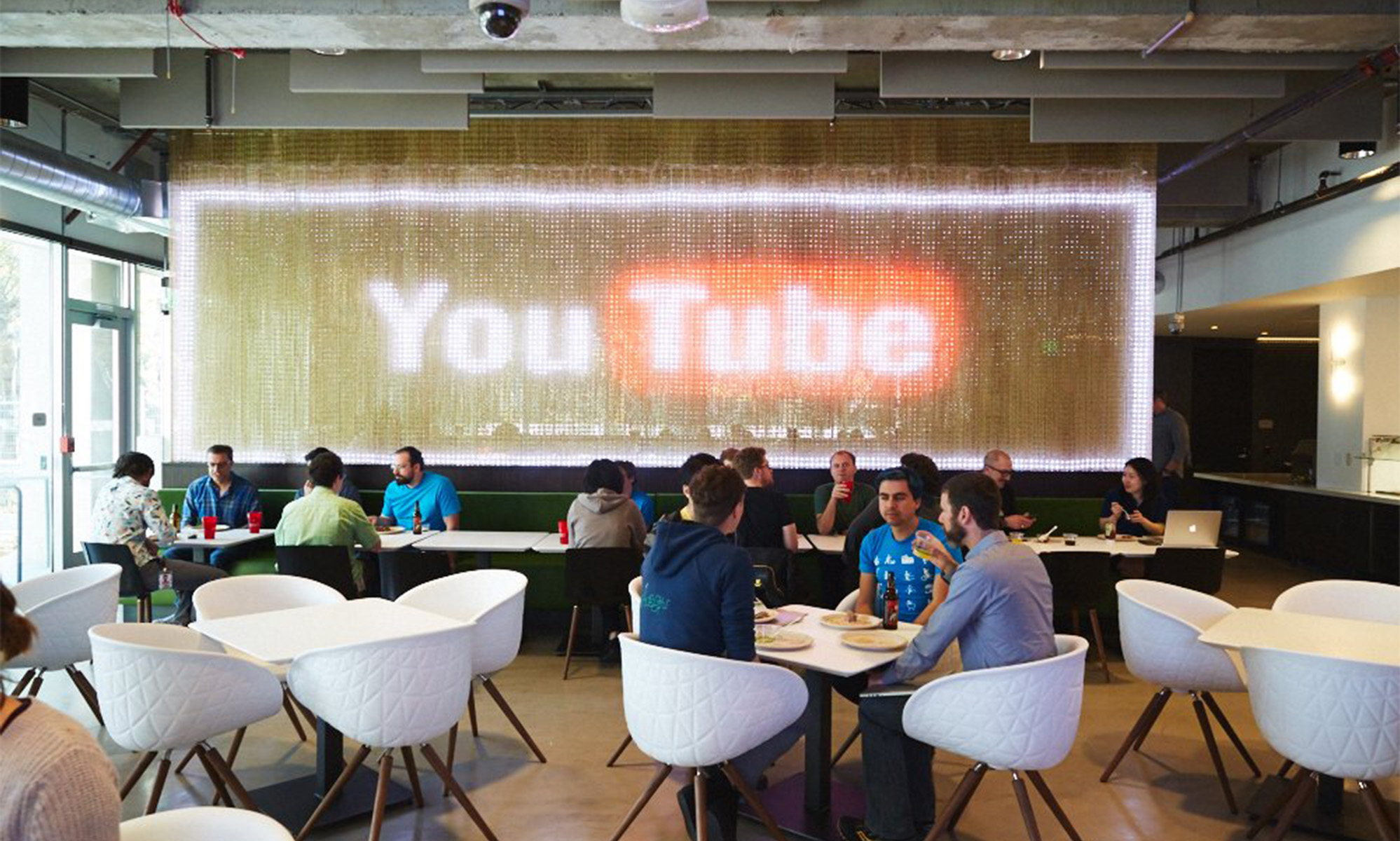The global artificial intelligence (AI) market is projected to grow at a compound annual growth rate of 57% between 2017 and 2025 into a $36 billion market, according to Grand View Research. It can be tough to narrow down promising plays in this fertile market, since many tech companies often cite AI as a major tailwind.
However, I think investors should simply stick with three top tech companies -- Alphabet's (GOOG 0.85%) (GOOGL 0.83%) Google, Baidu (BIDU +0.09%), and NVIDIA (NVDA 0.29%) -- to gain exposure to the AI market. Let's see why investors should track the AI efforts of these three companies next year.

Image source: Getty Images.
1. Google: The world's biggest search engine
Google owns the world's largest search engine, its top web browser, and its most popular mobile operating system. It's also one of the top digital advertising platforms in the world.
That massive ecosystem is a gold mine of data for its AI services. Google's AI tools optimize its search results, craft targeted ads, organize digital media for users, and more -- and that convenience consistently locks in its advertisers and users.
Google formed its "Google Brain" team to research deep learning AI eight years ago. That team developed AI-powered encryption tools, image enhancement tools, robotics projects, parts of Google Translate, and the TensorFlow AI platform.
Two years ago, Google launched a dedicated AI unit, Google AI, to develop custom chips for machine learning, launch new TensorFlow projects, and accumulate AI research from its staff. It integrates these tools into Google Cloud, and recently launched an AI platform for developers.
Alphabet will still generate most of its revenue from Google's ads for the foreseeable future. However, investors should realize that as it accumulates more data, its AI services will evolve (improving core features like search and ads) and widen its moat. Therefore, investors who are interested in a company that relies on AI as a defensive buffer -- instead of a high-growth strategy -- should consider buying shares of Alphabet.
2. Baidu: Google's Chinese counterpart
Baidu is often called the "Google of China." It owns the country's largest search engine, and its moves into the cloud, smart speaker, AI, and driverless car markets largely mirror its Western counterpart's strategies. The crux of its AI ecosystem is DuerOS, an Alexa-like voice assistant with a growing list of skills.
DuerOS hit 100 million users last August, doubled to 200 million in January, and doubled again to 400 million in July. Last quarter, Baidu stated that monthly voice queries on DuerOS had more than quadrupled annually to 4.2 billion.
Much of that growth came from its Xiaodu smart speakers, which now rank third in the global smart speaker market after Amazon and Alibaba, according to Canalys. Dozens of other companies -- including Lenovo, Xiaomi, Vivo, HTC, and Foxconn -- also integrate DuerOS into their products.

Image source: Getty Images.
The Chinese government also relies heavily on Baidu to boost its national AI efforts. Back in 2017, Baidu launched a state-backed lab for deep learning technologies, and China's Ministry of Science and Technology put the company in charge of the nationwide rollout of driverless cars.
Baidu has struggled over the past year, as the economic slowdown in China and competition throttled the growth of its core advertising business. However, its growth in voice assistants and AI technologies indicates that it's gradually expanding its ecosystem beyond PCs and mobile devices.
3. NVIDIA: The "best in breed" AI chipmaker
NVIDIA generates most of its revenue from gaming GPUs, but it also sells high-end Tesla and T4 GPUs for data centers. These GPUs process deep learning tasks faster than stand-alone CPUs like Intel's (INTC 2.81%) Xeon processors.
NVIDIA's data center business, which generates nearly a quarter of its revenue, struggled last year as macro headwinds reduced orders from its enterprise customers. However, its revenue grew sequentially over the past two quarters as the development of new conversational AI platforms -- which require 10-100 times as many parameters as image-based learning models -- boosted GPU demand from hyperscale customers.
During last quarter's conference call, NVIDIA noted that top cloud players like Amazon and Google continue to install its top-tier T4 and V100 GPUs in their data centers to meet that demand. Its pending acquisition of Mellanox, which provides networking hardware for data centers, should also broaden its reach across the data center market and improve its bundling capabilities.
NVIDIA is also showcasing its AI advancements in other markets, including its new Shield TV devices, which upscale 1080p videos to 4K resolutions with deep learning, and AI services for 5G networks and IoT (Internet of Things) devices. All these irons in the fire -- along with the stabilization of its gaming GPU and Tegra CPU businesses -- will make NVIDIA a well-balanced play on AI chips next year.










